How Agatha All Along Broke The Marvel Series Curse
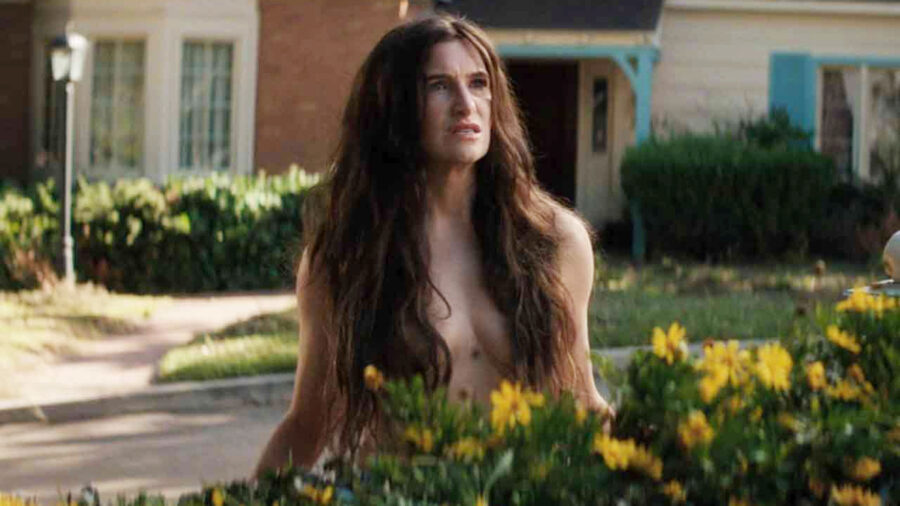
Ever since Agatha All Along broke the Marvel TV series curse by giving us the best show since WandaVision, everyone has been trying to get to the bottom of why this spell worked so effectively. Fittingly enough, it seems like headlining star Kathryn Hahn may have figured it out: at a recent PowerWomen summit, she discussed the “emotional safety” of working primarily with women on the show and how it “encouraged complexity” and gave her a real-life “coven” that was “vibing and buzzing” throughout production. Considering Agatha All Along’s outsized appeal to female viewers, it seems this show succeeded by tailoring itself to a very specific demographic.
Witches Get It Done
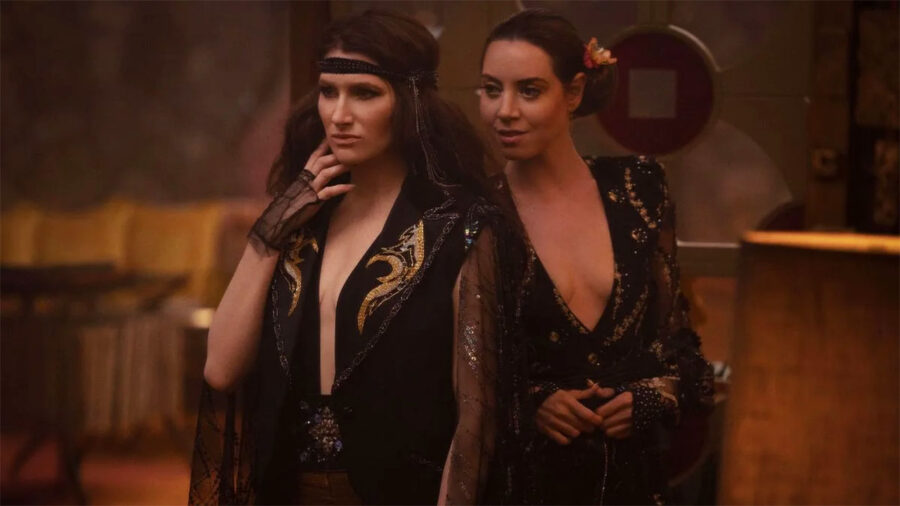
Among the internet users most likely to order brain pills, there is a popular idea that when shows “go woke” they correspondingly “go broke,” paying the perceived price for tailoring to a demographic other than old white dudes. Agatha All Along becoming a smash hit thanks to its overt appeal to women would seemingly fly in the face of this idea, but the show’s success mercifully goes beyond the confines of the internet’s endless culture wars. Agatha’s success doesn’t mean that every Disney+ show needs to embrace its inner girl boss. Instead, it proves that the House of Mouse needs to stop trying to appeal to everyone with each show.
Think back to some of the Marvel shows on Disney+, including The Falcon and the Winter Soldier, Loki, and She-Hulk. All of these very different shows have one thing in common: Marvel wants them to appeal to as many people as possible, ultimately hurting the overall quality of the series.
For example, The Falcon and the Winter Soldier wanted audiences to be sympathetic to its bad guys and their desire to fight corrupt world governments that had abandoned millions of people. But not too sympathetic, which is why the Flag Smashers suddenly bombed a supply depot full of innocent people. Disney attempted to appeal to those who applaud social activism and those who like to see terrorists punished, but the result was a confusing villain whose motivations made less sense as time went on.
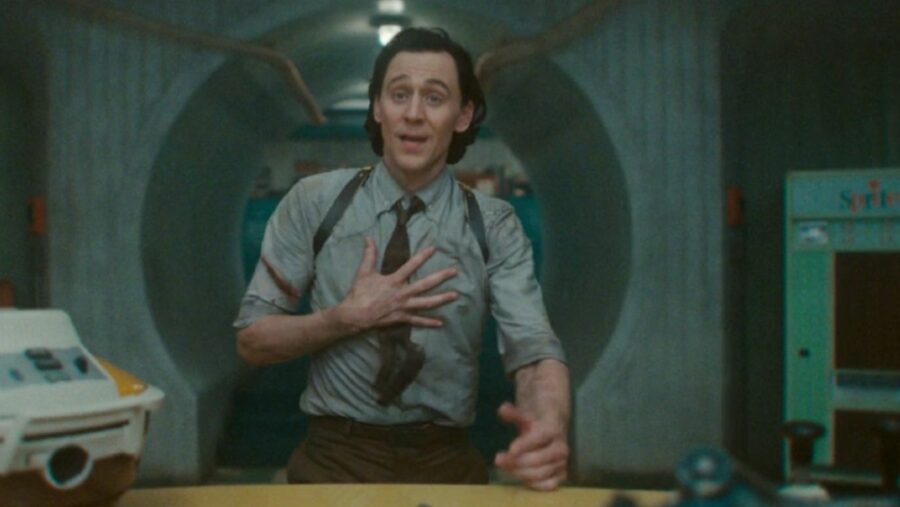
Until Agatha All Along, Loki was considered the best MCU Disney+ show since WandaVision. But despite its insanely charismatic lead actor, that show also suffered from trying to appeal to everyone…the show tries to appeal to lore nerds with its Variants and endless Easter eggs, but it also tries to appeal to those who love mystery boxes with its whole “who started the TVA?” subplot. Additionally, it tried to appeal to romantics with its bizarre will-they-won’t-they Loki/Sylvie pairing even as it laid the groundwork for future Marvel shows and films; the result was a show that could have been brilliant simply being good.
Some fans may be tempted to compare She-Hulk to Agatha All Along because this legal comedy was also ostensibly aimed at women, right down to the main bad guy being a weirdo misogynist. However, I would argue that the show is more about raising awareness of feminist principles and the struggles women face (from being catcalled to being murdered) than actually saying much beyond the obvious “patriarchy is bad,” which is why most fans remember goofy stuff like the titular character twerking rather than any kind of serious message. This was basically Tumblr activism: the show, rendering it not nearly as meaningful as anyone hoped it would be.
Agatha All Along: By Women, For Women
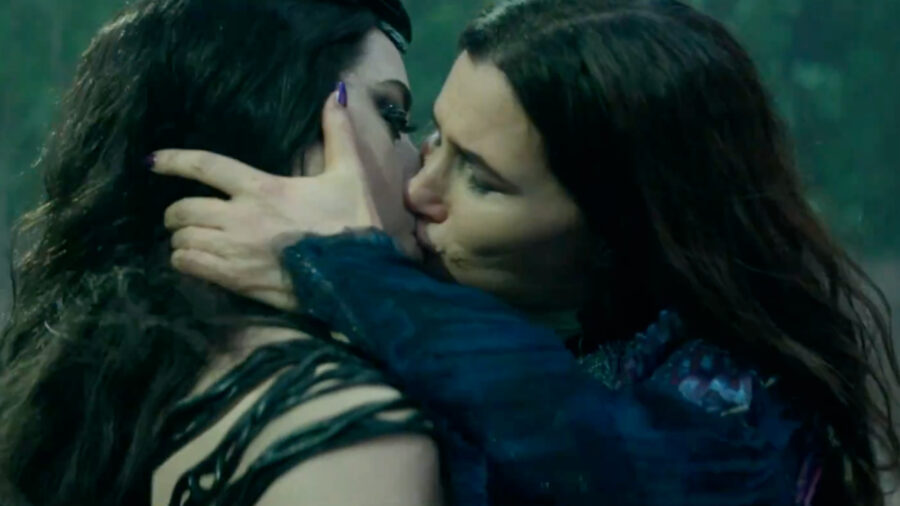
All of this brings us back to Agatha All Along, a show that was made both by and for women. That doesn’t mean that men can’t enjoy it (heck, I loved it!), but the show particularly resonated with its target demographic by centering the storytelling on female agency and the magical power of sisterhood. We also see our title character locking lips with Rio Vidal (Aubrey Plaza) in a celebration of feminine sexuality, which felt especially notable because Disney often seems to minimize such representation due to fears of upsetting other markets (mostly China).
Again, the lesson Disney should learn from Agatha All Along isn’t that every show needs girl power but instead that every show needs to be built from the ground up for a very specific audience. There’s nothing wrong with appealing explicitly to dude bros with a show about Rocket Raccoon’s drunken galactic adventures or appealing to arthouse nerds with a series about a Skrull who has forgotten who he truly is. The point is that the show needs to be written around that focus rather than trying to appeal to everyone all at once.
This bucks against the conventional wisdom that a show needs to appeal to as many people as possible in order to become popular. But Agatha All Along teaches us that going all-in on a specific demographic helps shows develop some much-needed word-of-mouth buzz. And the fact that Hahn’s show only grew more popular over time is proof of the old adage: if you built it (in this case, an ambitious show about a charismatic lead written and directed by passionate fans), they will stream.
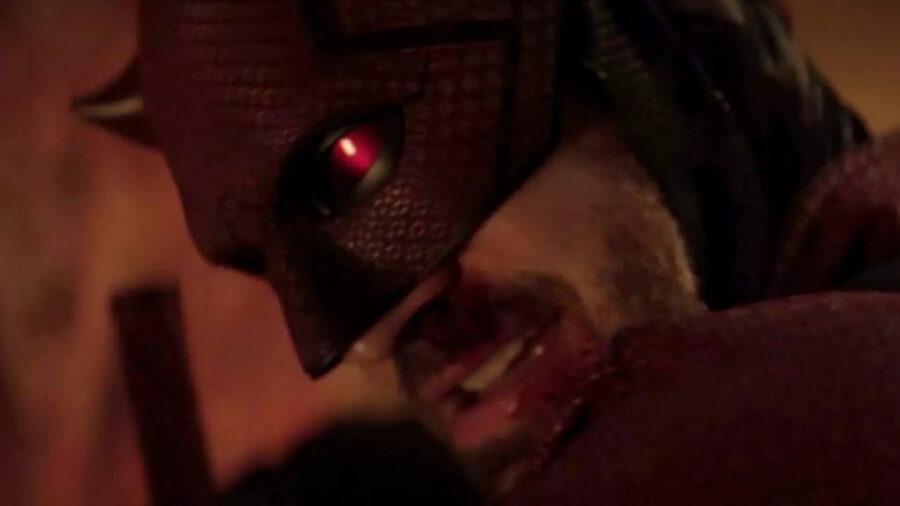
Only time will tell if Disney learns the right lessons about Agatha All Along. I have high hopes that shows like Daredevil: Born Again and Wonder Man will be even half as focused, creative, or outright clever as this wonderfully witchy show. But the key is for the House of Mouse to stop casting the widest net possible and instead lock in on a target audience with its cast, creatives, and scripts. Otherwise, the Marvel curse will return and stay in place until executives learn that fans want a lavish custom meal and not another bowl of generic slop.













Login with Google